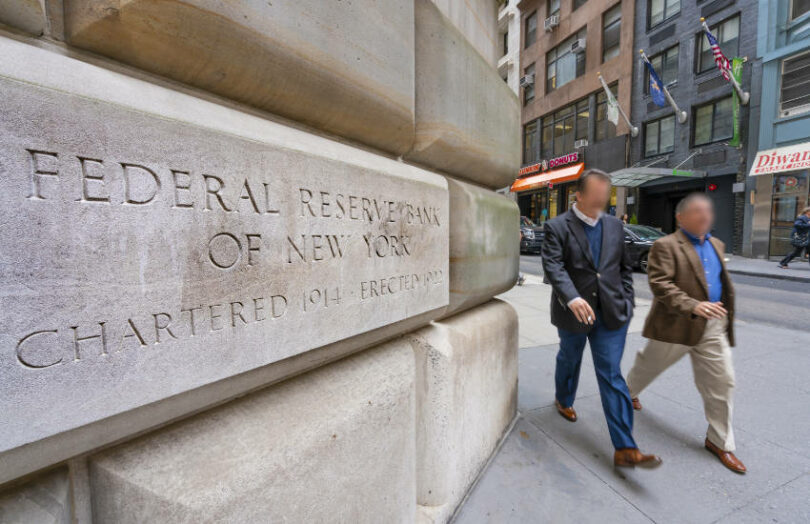Yesterday two experts from the New York Federal Reserve published a post entitled “Tokenization: Another giant leap for securities?” It explains tokenization and argues central bank involvement helps with an orderly transition of financial infrastructure. The paper doesn’t support tokenization without reservation, as highlighted by the question mark in the title and the observation that the “financial industry may again be on the cusp of profound technological change.” (Emphasis added.)
Specifically, the authors are with the NY Fed’s New York Innovation Center (NYIC). The NYIC is involved with Project Agorá, the BIS initiative exploring the use of wholesale CBDCs from seven central banks to improve cross border payments via correspondent banking. It’s also a ‘technical observer’ to the latest Regulated Settlement Network tests. Both projects involve tokenization.
The authors explore the disorderly transition of Wall Street from paper to computers during the late sixties, with back offices unable to cope with the paperwork generated by surging trading volumes. That’s in contrast to the 2002 orderly launch of CLS, the foreign exchange central counterparty that removes significant risk from the FX market. Central banks pushed for CLS. Additionally, CLS has access to central bank money, which reduces credit and liquidity risks.
Article continues …

Want the full story? Pro subscribers get complete articles, exclusive industry analysis, and early access to legislative updates that keep you ahead of the competition. Join the professionals who are choosing deeper insights over surface level news.






